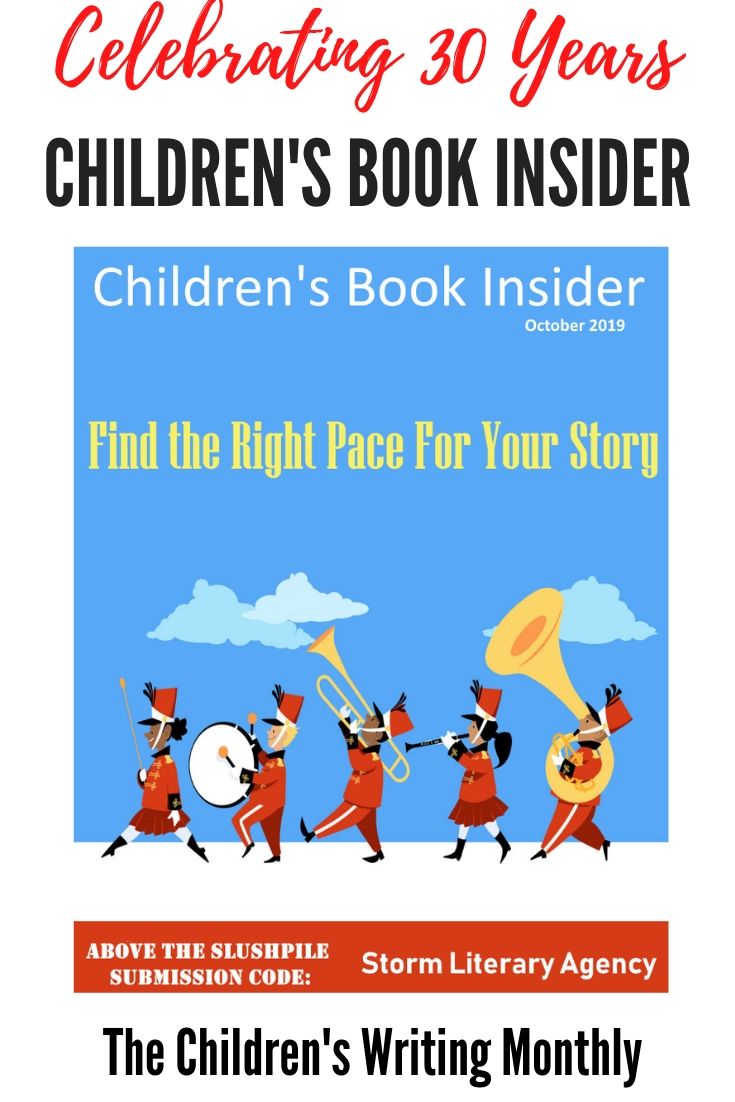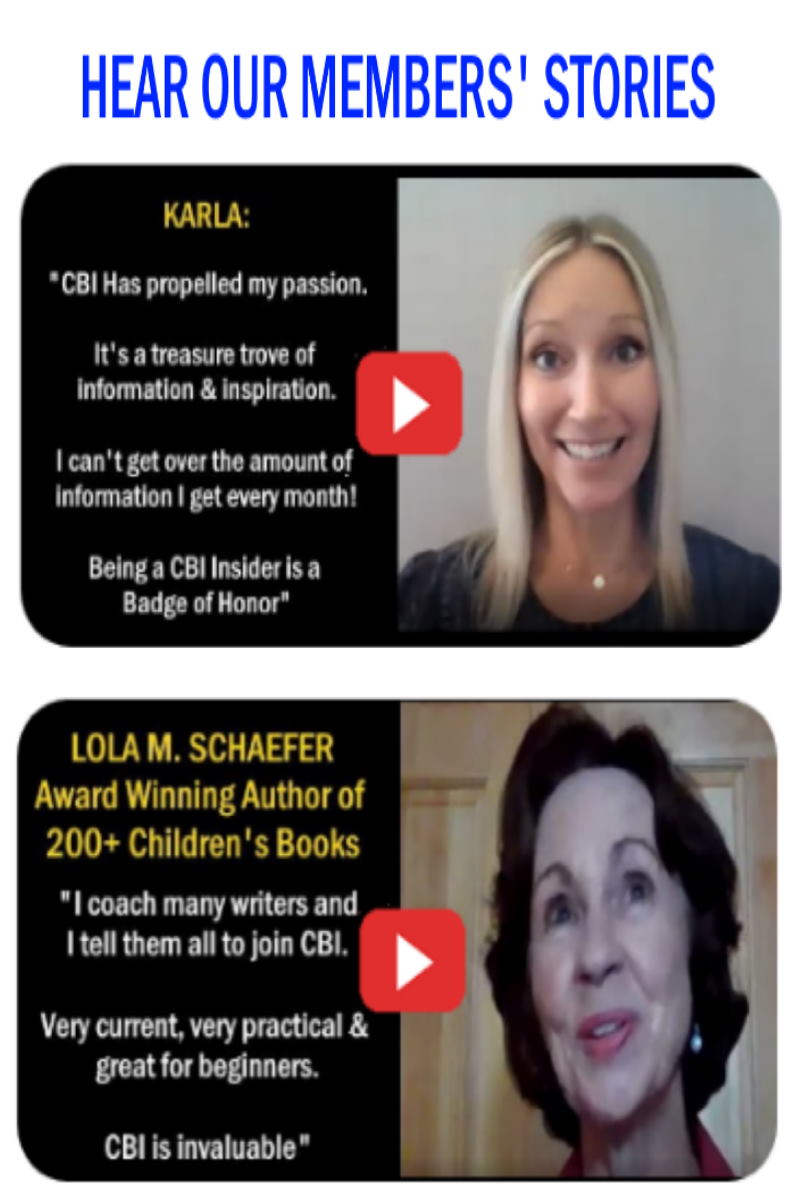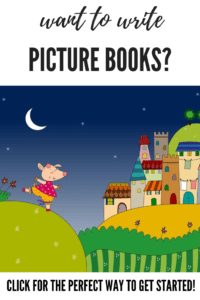
by Jane Choate
Editors are famous—or is it infamous— for saying that they want something “new, fresh, different.” In the next breath, they state, “We want something like [insert current bestseller here].”
How do we, as writers, interpret this? I admit that I have been flummoxed by it. Editors want the next Hunger Games or Diary of a Wimpy Kid, but they don’t want the same thing that’s been done before. After more than 30 years in the book writing business and selling 32 books, I may finally understand what editors mean by these seemingly contradictory statements.
Editors want books that tap into readers’ imaginations and fantasies. They want books that resonate with readers’ own feelings and thoughts. They want books that explore the common themes that touch all of our lives. They want all these presented in a fresh way with a fresh voice.
Voice is that indefinable thing that is unique to each writer. Without voice, an author is simply stringing words together. Bestselling authors don’t write perfect books with perfect grammar, perfect character arcs, and perfect plot points; what they do is write with compelling voices. So how can you write a universally themed story with a fresh voice?
Turn a classic on its head. We all know the story of Cinderella. The poor orphaned waif toiled all day and night for her wicked stepmother, with scarcely a moment to herself. When she had the opportunity to attend the ball, she depended upon her fairy godmother to make it happen. It’s a fanciful but predictable tale. Compare it to Ellen Jackson’s delightful Cinder Edna. In it, the author draws a far more complex character of a young woman who develops her talents, attends the same ball, and falls in love with the prince’s less handsome but more appealing brother. The writer challenges our view of the perfect Cinderella and makes us root for plucky Cinder Edna. In the end, Cinder Edna and her husband have the more interesting life.
Switch roles. Do you remember the 70s movie Freaky Friday? A teenage girl and her mother switch places for a day, occupying each other’s bodies with sometimes disastrous, sometimes gratifying results. The concept was so popular that the movie was remade several years back.
Switching roles is a time-honored way of injecting a new perspective into a story (remember The Prince and the Pauper?). You don’t have to go so far as to have parent and child switch bodies, but what about having them take the opposite point-of-view from what we have come to expect? Consider your work-in-progress (WIP) and ask yourself if there is a way you can give the story a new spin by having characters take on different roles. Please don’t misunderstand.
I am not suggesting creating characters who aren’t true to themselves. What I am suggesting is creating characters who act in unexpected, unpredictable ways. Let the parent be irresponsible and the teenage girl assume the responsibilities of caring for a family as in the above example. Experiment. You may surprise yourself. Even better, you may surprise an editor and readers.
No one can predict what will be the next big thing. By the time a trend is wellestablished, the market will probably be saturated with books on just that and editors will already be looking for something new. Look within yourself for what you alone can bring to a story. Then write the book as only you can.
Getting started:
- Write down 20 things that could happen in your story. Cross out the first ten, or even the first 15. Chances are they are clichéd and predictable. Zero in on the last five or ten and see where they take you. Don’t limit yourself. This is the time to let your imagination take flight.
- Try writing a passage or chapter from your book in a different point-of-view. If it is currently written from the first person POV, try it in third person. If it is in third person, try it in first. You get the picture. Does your protagonist take on a new dimension in a different POV? Does he lead the story in a new direction?
- Try switching tenses. Do you habitually write in simple past? Why not try present tense? Many authors feel this has a more immediate feel to it, one with which young readers can identify.
Jane McBride Choate is the author of 32 novels and a Children’s Book Insider Contributing Editor. Visit her author page at http://www.amazon.com/Jane-McBride-Choate/e/B001JS19WU
Tags: editors, manuscripts, submissions






Thank-you for sharing these helpful tips. I will try to apply them to my future manuscripts.
Regards,
Penny
These are great tips, thank you. 🙂
I’ve learned so much from this post and now back to ‘the drawing board’. Thanks for sharing